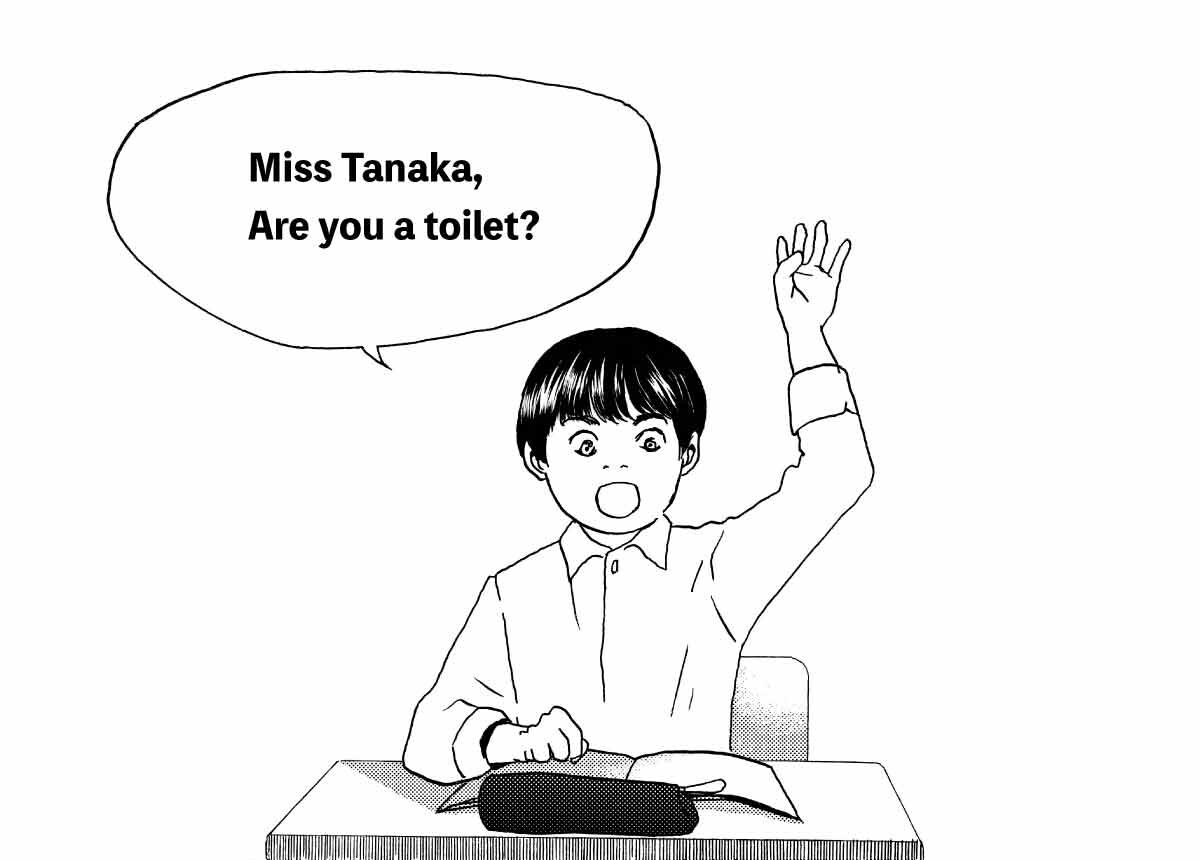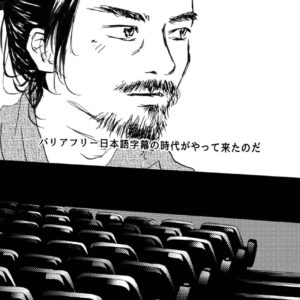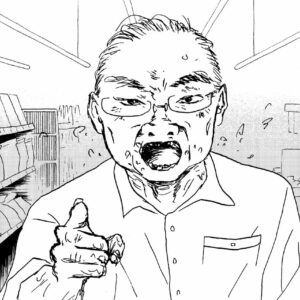I write articles for this site in Japanese, translate them into English using DeepL translator, and rewrite the parts not properly translated by the software on my own. The article is then reviewed by an online English teacher, who points out errors in spelling and word choices to complete it. What I have noticed through this work, which I started in September, is that we Japanese usually think of things by omitting words that are necessary elements of English sentences, such as subjects and predicates.
It is difficult to express in English how I think in Japanese, but I will try to explain somehow. For example, when I say “I have an exam tomorrow.”, the Japanese way to say it is, “Tomorrow is an exam.” Of course I am not making the statement thinking that “Tomorrow” is the subject, this is a topic about “me” and I mean “I have an exam tomorrow.” or “My test will be tomorrow.” However, “I” and “My” are not deliberately said in Japanese in this sentence. According to one Japanese linguist, the Japanese were a single ethnic group and knew each other so well that they did not bother to clarify the subject. If I were to order in a restaurant, I would say in Japanese, “I am the cheeseburger.” This of course means “I will have the cheeseburger”. The verb “have,” which means “to want,” is omitted in Japanese by intuition. Elementary school students often call out to their teacher, “Miss Tanaka, you’re a toilet!” and are told again by her, “I’m not a toilet. What you’re trying to say is you need to go to the bathroom, right?” This is an example of a short sentence, but a longer sentence would not convey the meaning at all. Whenever my English teacher says to me, “I don’t know what this sentence means,” I am surprised at the ambiguity of my expression to what I want to say. English speakers’ thoughts are concrete, while Japanese expressions are sensible.
In addition, learning English involves emotional distress. In one occasion I booked a class at 4:00 a.m. and a sleepy college student was my teacher. Whenever I talk to him, his reply always would be a sleepy “oh yeah.” In my mind, I wanted to say, “Please, pay attention. I’m paying for this time. I don’t want to be treated in such a proper manner,” but I can’t. I don’t know how to say it in English. All I could say was “Thank you for the lesson.” when the class was over. The emotional distress is the frustration of not being able to communicate what I wanted to say. Besides, it is not easy to find a teacher who is sincere in a student’s approach.
On the other hand, I can sympathized with our teachers, too. I read in the book written by an English teacher it was said following. “I began to have the uneasy feeling that if I was forced to read only my students’ poor compositions, even my own sense of language would go haywire. In fact, the job of correcting each student’s writing is a heavy task and seems like a waste of time to me.” I found that all students and teachers have a hard time learning a foreign language.
I rarely use English in my life in Japan. What is the point of my learning English if it is so frustrating? I often wonder. Automatic translation is evolving, and it is said that in the future, English translations will appear on the screen instantly while speaking one’s native language. Some people say that there is no need to study English hard from now on and we should train ourselves to think logically and express ourselves clearly in our native language.
Unfortunately, that era has not yet arrived. Since I have no choice, I will continue to produce poor English sentences and wait for the time when I will be able to write English sentences that will be understood accurately to others before I know it.
Thank you for reading to the end.




















